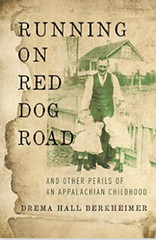Getting ourselves turned around here from our adoption trip to China & falling head over heels in love with our new daughter, & grateful for people living crazy beautiful stories like Drema Hall Berkheimer’s. In the 1940s in Appalachia, her father is killed in the coal mines, her mother goes off to work as a Rosie the Riveter, and Drema is left in the care of devout Pentecostal grandparents — and what follows is a spitfire of a memoir that reads like a novel with intrigue, sweeping emotion, and indisputable charm. Drema’s coming of age is colored by tent revivals with Grandpa, poetry-writing hobos, and traveling carnivals, and through it all, she serves witness to a multigenerational family of saints and sinners whose lives defy the stereotypes. Just as she defies her own. Please help me welcome Drema to the farm’s front porch today…
guest post by Drema Hall Berkheimer
Sometimes at night you could hear the music all the way to Sissy’s house, and we sat in her yard and listened until her daddy called us in.
When Grandpa drove home from prayer meeting, I’d ask him to drive past the camp, although it was out of our way, so I could see the gypsies around the fire, drawn to the light like a flock of bright moths.
One man played a little accordion Grandma said was a concertina. Others fingered guitars strung with many strings.
The girls danced, lifting their chins and holding their arms up as they circled the flames.
When the gypsies were in town, things went missing.


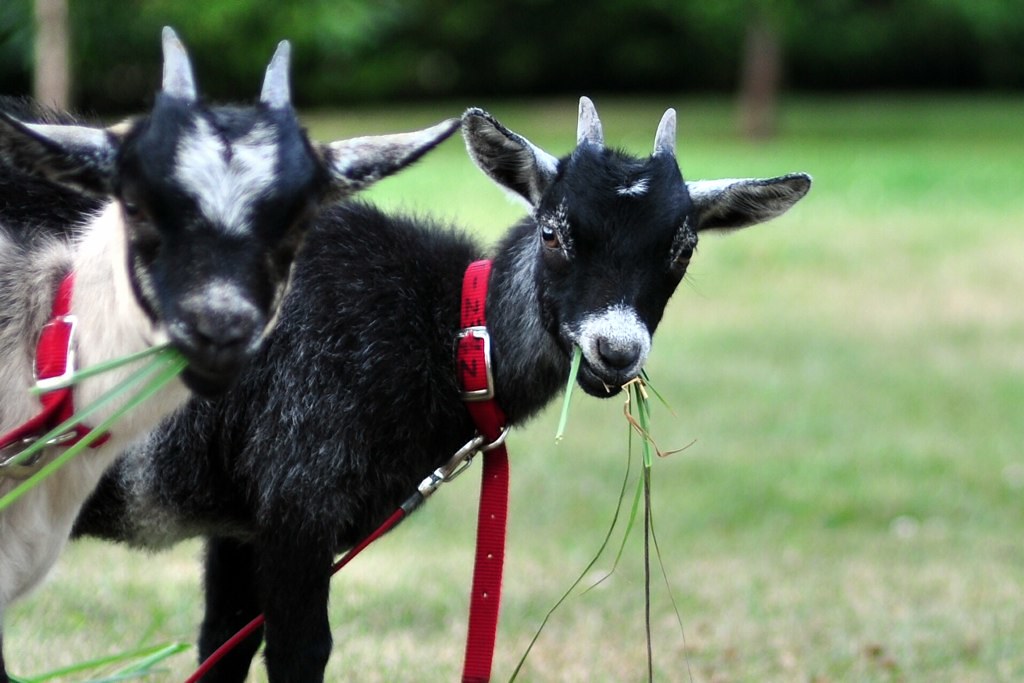
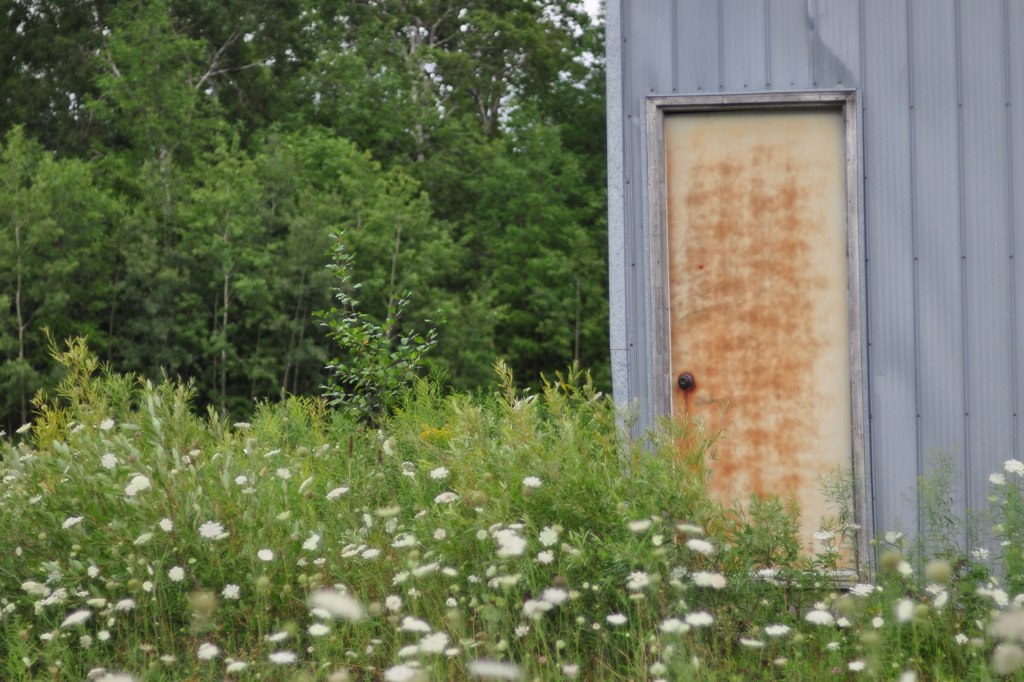
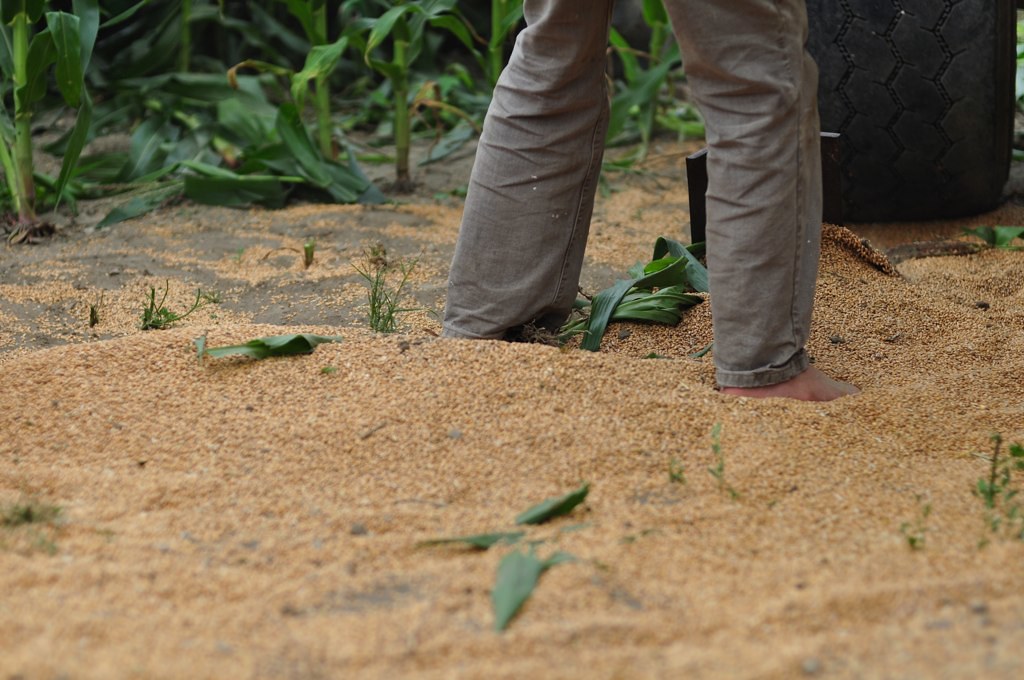
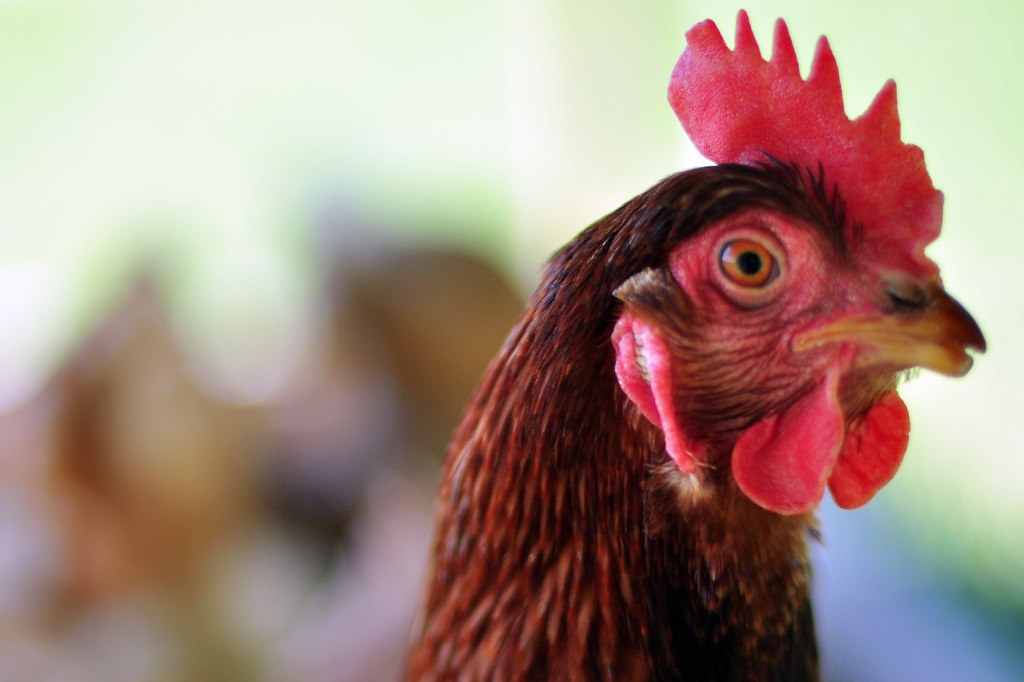
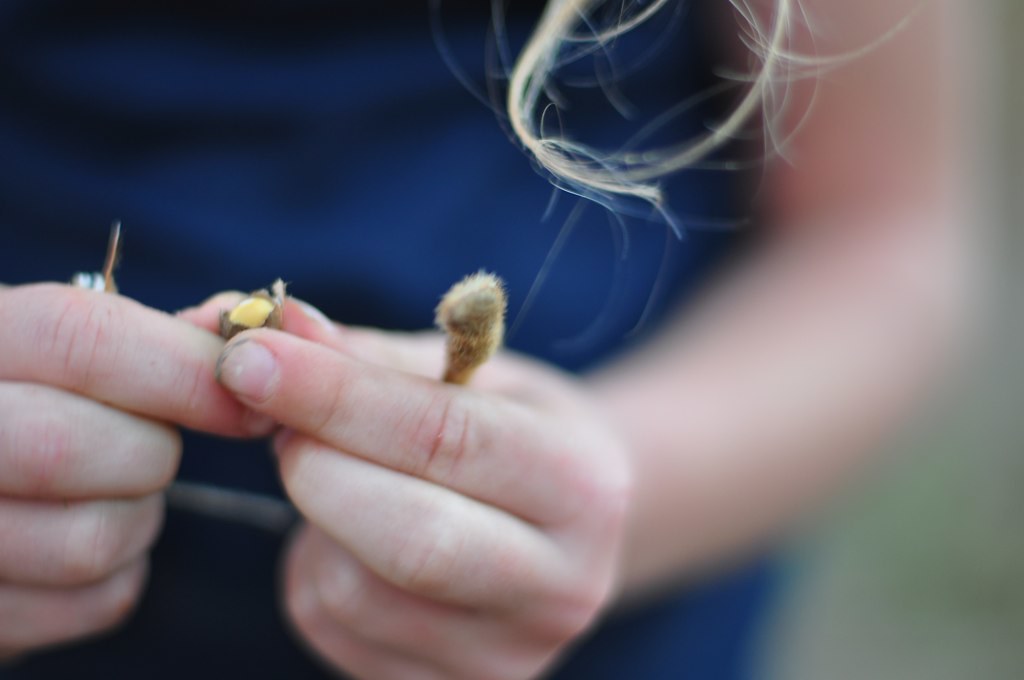
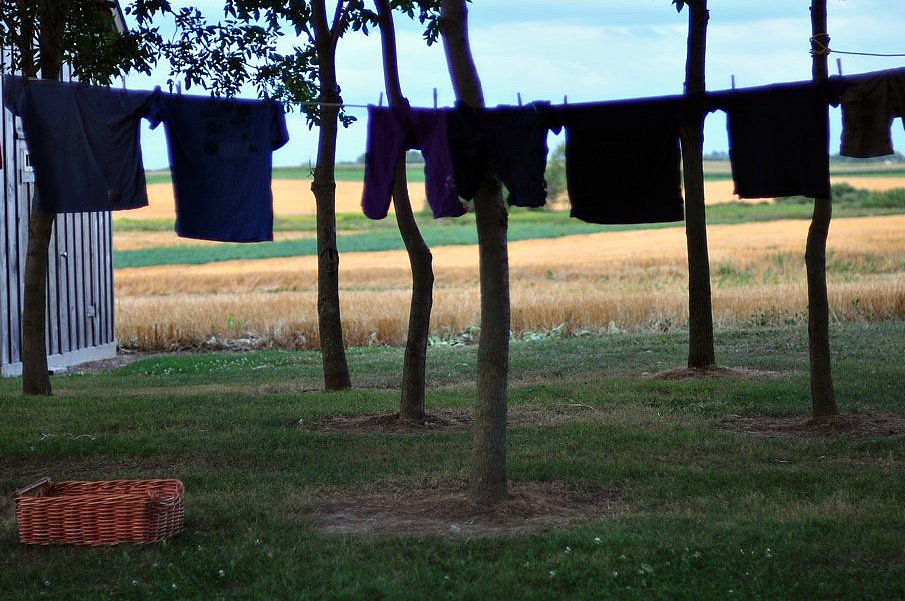
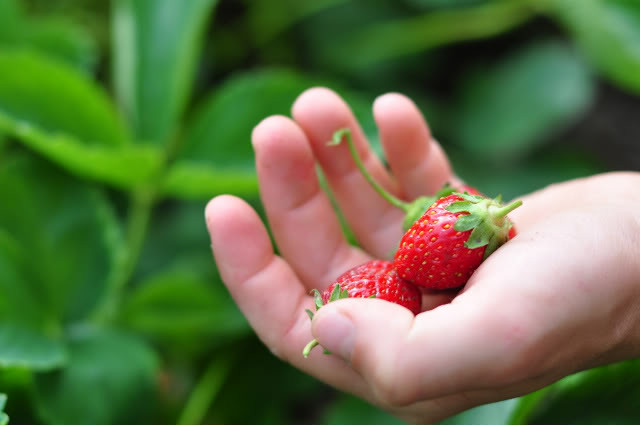
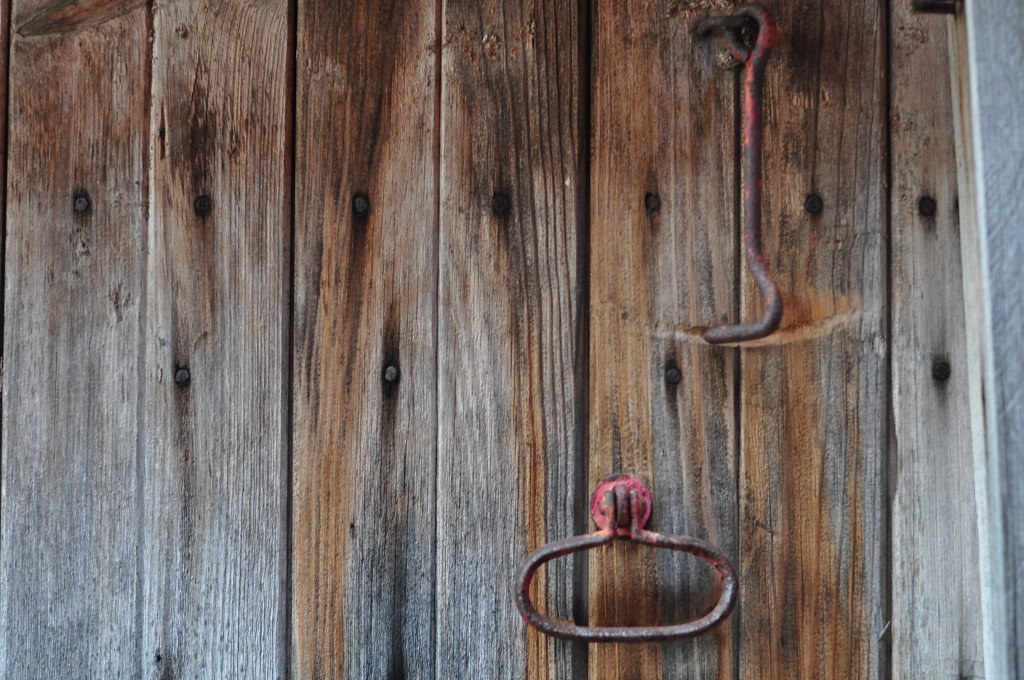
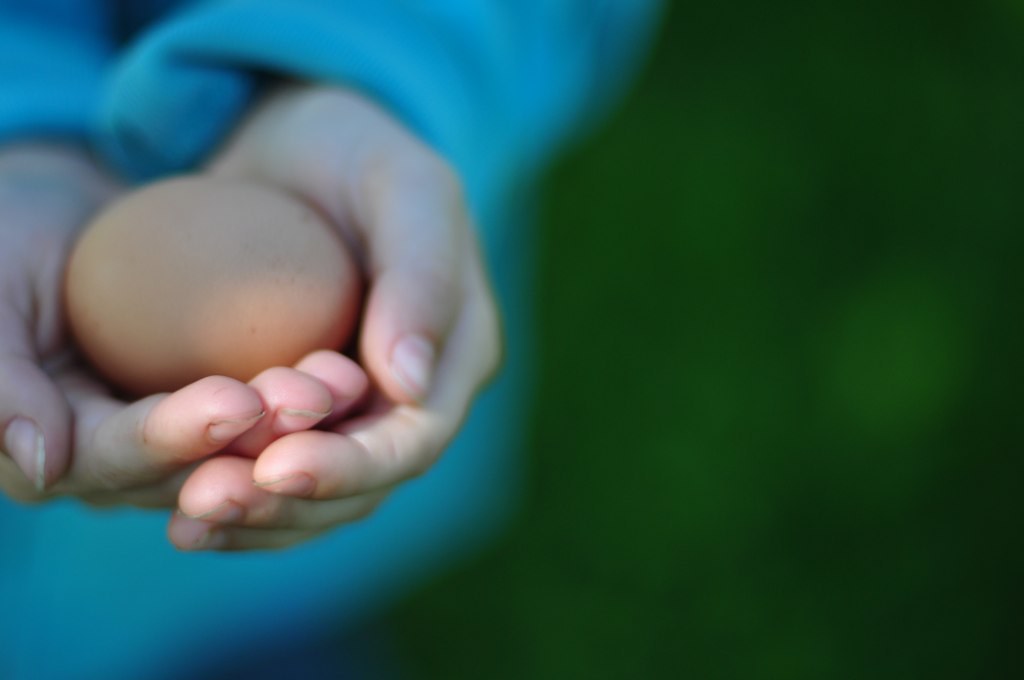
Pants and shirts disappeared off the Harveys’ clothesline.
The Bledsoes’ strawberry patch was picked clean one night, and Sissy’s grandma, Ma Moles, had her garden plundered and her pawpaw tree stripped almost bare.
But even worse, Grandpa said unless he was mistaken, we were missing two white leghorns and a guinea hen.
My heart flopped over. In my mind I could see white feathers flying as the man plucked the chickens for the stew. Caught in the web of my deceit, I couldn’t say a word.
One night someone dug up two potato hills in our garden, and left several bunches of parsnips on the ground to ruin. Apples thrown at Queenie lay rotting near the doghouse where she was tied.
Grandpa decided to see if he could catch the culprit.
Nothing happened the first night or the second, but the third night I woke up to Queenie barking.
I sneaked down to the porch and saw Grandpa softly snoring in the swing, a flashlight in his hand and his double barrel shotgun propped between his knees. He woke right up when I touched his shoulder.
When he heard Queenie, he told me not to move or he’d skin me alive when he got back. I made sure to stay put until he disappeared from sight around the far side of the house.
Crouched behind the blue hydrangea bush at the corner of the porch, I was near the garden but could still scoot back to the swing if Grandpa headed in my direction. I saw his flashlight search over the cabbage and potatoes and rhubarb.
Then it froze.
Grandpa hollered, and two shapes took off toward the tall rows of corn.
A shot blasted a hole through the quiet and the shadowy forms toppled.
My knees folded and I sat down so hard it knocked the wind out of me.
I was too scared to breathe until I saw one of the thieves get on his knees and start sobbing and begging Grandpa not to shoot him, while the other one cowered nearby.
“Why, you’re hardly more than babies,” I heard Grandpa say.
He knelt next to them, telling them they didn’t have anything to be fearful of — he didn’t plan on shooting either one of them or calling the law on them—at least not this time.
“I’m likely to do both if you boys come back here stealing out of my garden again. How old are you children anyway?”
The big boy said he was ten but his brother was only seven and wasn’t allowed to be out at night.
Grandpa took both boys by the hand and walked through the garden, the little one dragging a burlap bag behind.
“You tell me what you want, and I’ll show you how to harvest so it won’t damage the crop,” Grandpa said.
Soon the boys filled the bag with potatoes and onions and carrots and ears of corn. Grandpa showed them how to tie their sack in the middle of a long pole so they could share the heavy load on the way home.
“A load is always lighter if it’s shared. I want you to remember that. You want more, you knock and I’ll give you what can be spared. I want to show you something else before you leave,” he said, leading the boys over to where Queenie was tied.
He unhooked the leash, and Queenie, grateful for freedom, ran to the boys and started jumping up. Grandpa gave a hand signal and the dog sat down, watching Grandpa and waiting.
“This dog is part of our family, and I won’t stand for her being tormented. She wants to be your friend. Go on over there now and get acquainted with her.”
The smallest boy approached Queenie and put out a hand. Queenie closed her teeth gently over the dirty little arm, leading him around the yard and back to Grandpa.
“Her name is Queenie, and we’re right fond of her. She’ll do your bidding if you just ask her. Tell her to sit and she’ll sit right down.”
Recognizing the command, Queenie sat. The boys looked up at Grandpa wide-eyed.
“Okay, hold out your hand and she’ll shake hands with you.”
The older boy held out a hand and Queenie extended a paw.
“Now, boys, I don’t want to hear tell of you mistreating this dog or any other living thing for that matter.”
Grandpa put Queenie back on her leash and led the boys out to the road.
“You go straight home and don’t be dallying along the way. And you remember that we have us a gentleman’s agreement: You are welcome on my property anytime as long as you knock on my door first. Get along with you now.”
I was wide awake after all the excitement, so I sat with Grandma and drank milk coffee while Grandpa told and retold the story of how he’d shot into the air to scare the boys.
“I hated like the dickens to have to scare ’em like I did, but them little hooligans needed somebody to get their attention. I’m hoping they’ll think twice next time, but there’s no telling. What they need is somebody at home to jerk a knot in their tail and straighten them out, but I expect that’s where they’re learning their thievery.”
“If you caught me stealing, you’d more than likely wring my neck,” I said.
“More than likely,” Grandpa agreed, “but that’s because you been taught right from wrong. Maybe them little fellows don’t know better.”
Grandma said she didn’t want to hear any more foolishness from me and Grandpa about wringing people’s necks.
She had her no-nonsense face on, so Grandpa aimed a yes ma’am in her direction.
“Tell it again,” I begged.
“I figure you know it well as I do, you do the telling this time.
I’ve plumb wore my teller out.”
Running on Red Dog Road — is what some are calling their favourite book of the year.
Excerpts from Running on Red Dog Road, won first place Nonfiction and First Honorable Mention Nonfiction in the 2010 West Virginia Writers competition.
Drema Hall Berkheimer lives in downtown Dallas with her husband and a neurotic artistic cat. The cat takes after her. Her husband is mostly normal. You can follow Drema at DremaHallBerkheimer.com.
You won’t want to put down this page-turner — Running on Red Dog Road is it’s own kind of unforgettable.
[ Our humble thanks to Zondervan for their partnership in today’s devotion ]

